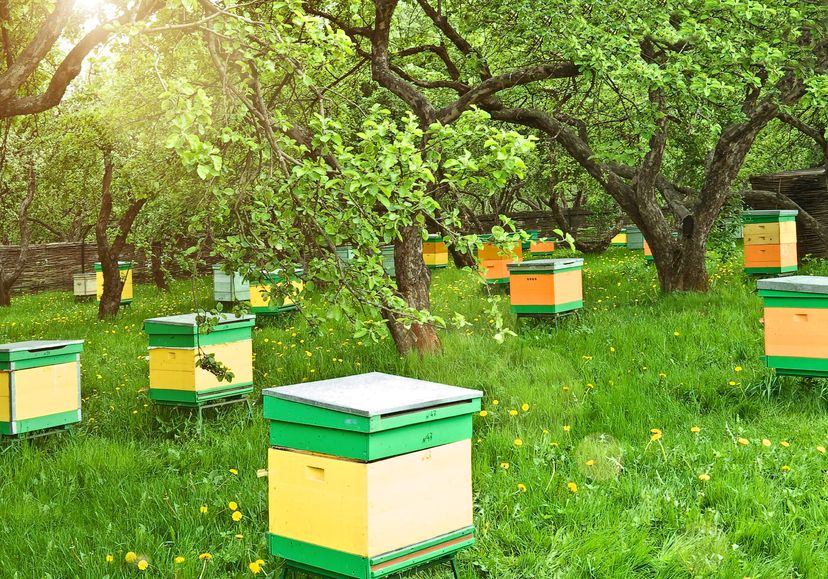
The European Innovation Partnership Wales has approved 8 agricultural projects to date since being awarded the major Welsh Government Project.
With a budget of up to £40,000 funding per project, EIP Wales encourages people to work together to solve common agricultural and forestry problems with the use of new and sustainable technology.
The 8 innovative and unique projects which have been approved are looking to address a range of issues within both the agricultural and forestry sectors in Wales.
The 'potato blight project' aims to apply current research to develop an effective, natural and potentially low-cost bio-pesticide to common potato blight using a chemical (Saponin) sourced from the chemical structure of common Ivy.
The 'Cambrian Mountains beef group' incorporates the use of relevant technical experts to expand the resources available to primary producers within rural areas.
The aim is to identify and address the needs of farming businesses with regards to direct marketing of produce in order to secure long term, short supply chains.
Pollinators
'Pasture for pollinators' hopes to explore how forage resources on dairy farms can be managed to conserve and enhance populations of bumblebees and other pollinators.
The aim is to increasing the number and diversity of food plants, and period over in which they are in flower, and maximise the productivity and financial performance of farms.
'Reducing antibiotic at lambing time' is developing the research of how changes in flock management through improved nutrition and hygiene, can reduce the need for antibiotics, and at the same time increase production while maintaining high standards of animal health and welfare.
'Low impact machinery in small scale farm woodlands' aims to illustrate the relative merits of the different types of management with a view to highlighting the most appropriate methods of minimising environmental disturbance.
Squill
'Squill Production in North Wales' aims to establish the demands of the plant including agronomy, harvesting and extraction techniques and their costs when grown in Wales.
Squill is used in a number of anti-cough preparations, and is traditionally sourced from the wild in India and Northern Africa.
'Robotic weeder in small scale horticulture' aims to determine the savings in terms of labour cost and time when using computerised inter-row weeder in small scale, organically managed, horticultural systems.
'Genomic testing of dairy heifers' is a 3-year project aimed at maximising the opportunity of genomic testing heifers to accelerate the breeding progress of dairy herds.
The eight farms have listed the traits they’re aiming to improve within their herd and progress towards these will be assessed over 3 lactation periods.
